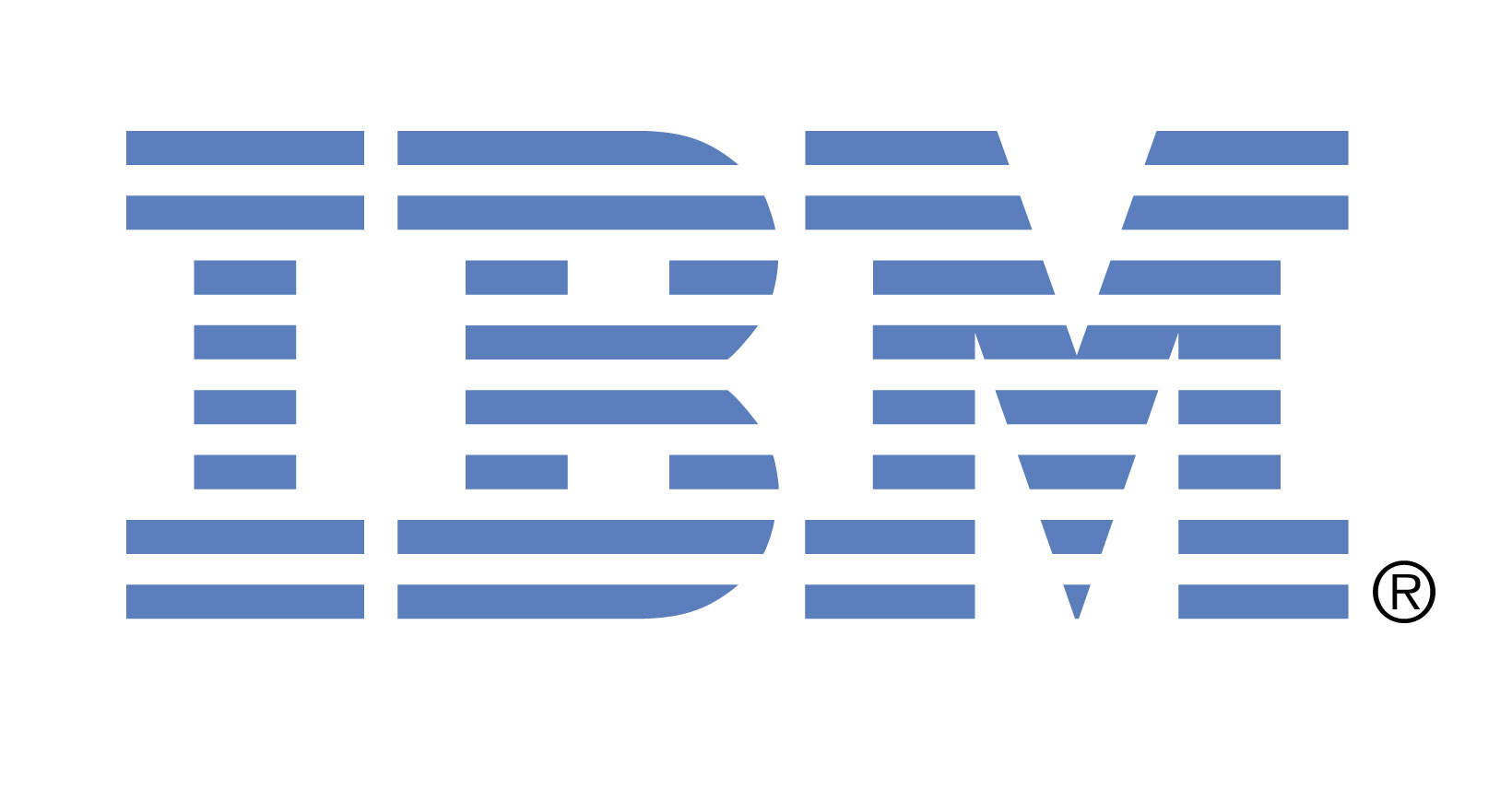IBM drops Gluecode on JBoss

Open source projects are supposed to be about community. A group of developers get together and share code, so that the whole will be more valuable than the sum of its parts.
But control of a big open source project
The move had been expected for some time, ever since IBM acquired Gluecode. I have expected it since interviewing JBoss boss Marc Fleury a month ago, where he celebrated an alliance with Microsoft.
The link between cooperation and competition, sometimes called coopitition, is a controversial one in the open source world. In the case of JBoss, IBM has declared war. It wants those companies that depend on its work to move to the Gluecode-based offering, and dismiss JBoss support. JBoss, meanwhile, is offering Microsoft shops a way to integrate their .Net offerings with its open source code, as Microsoft recognizes that some of its customers want that.
The question thus occurs, what will IBM reps do or say when customers tell it they prefer the JBoss application platform, but wish to continue working with IBM in other areas. What they say in that case will not be nearly as interesting as what they do, and how they perform in response to such a rebuff.
Which leads to a question for all of y'all. How many different open source projects are you supporting at your shop, and are there any conflicts between them and vendors you depend upon?